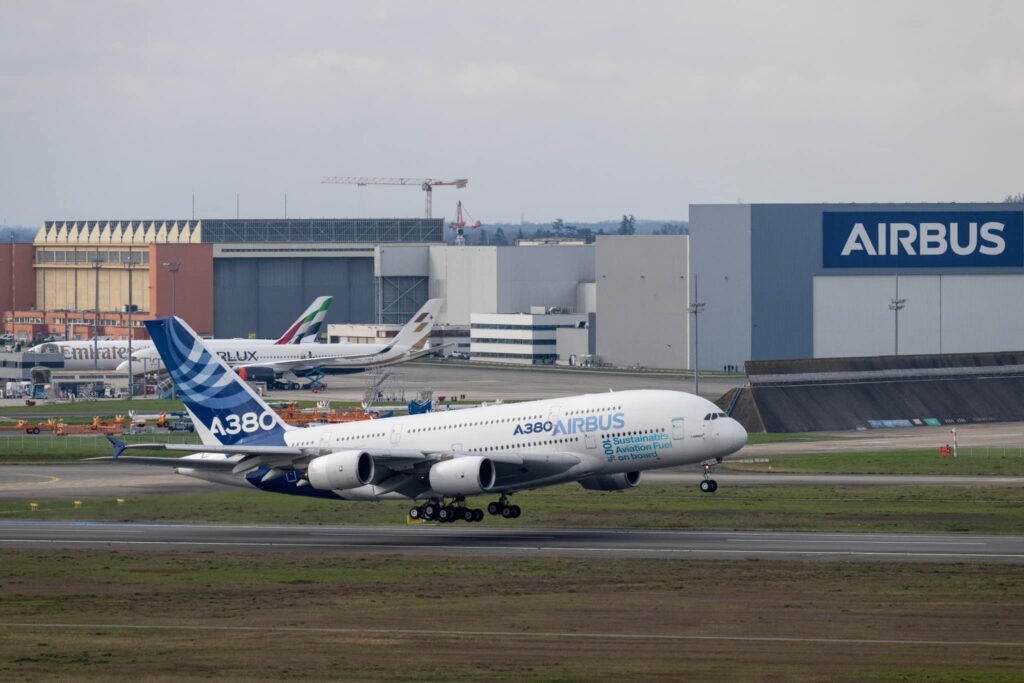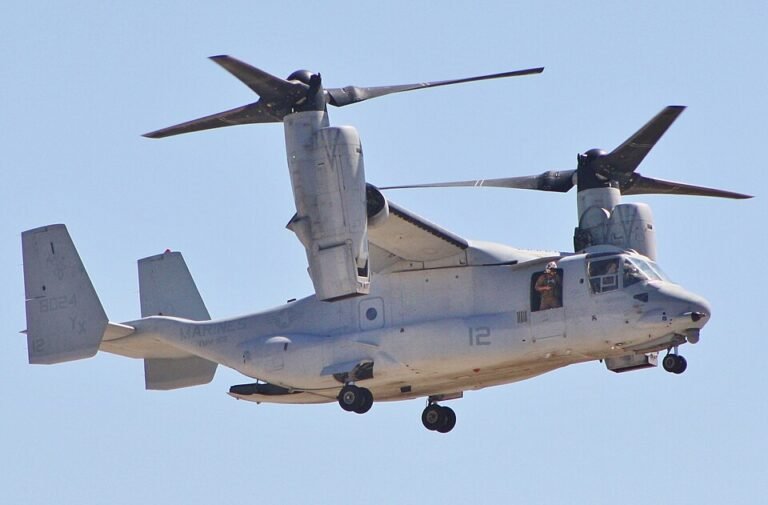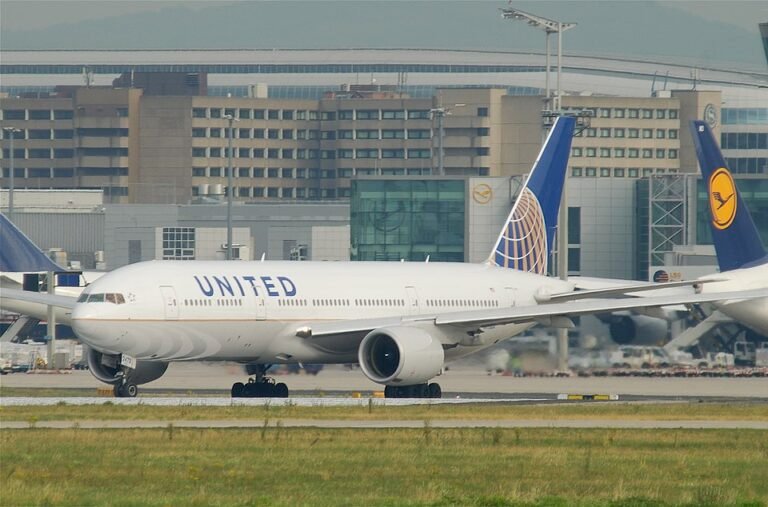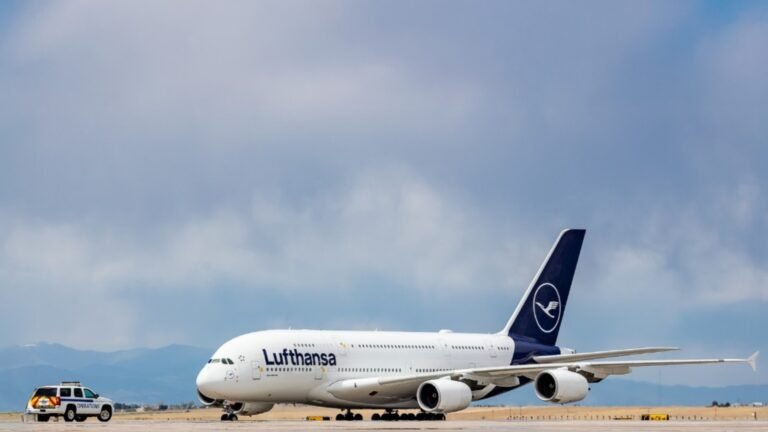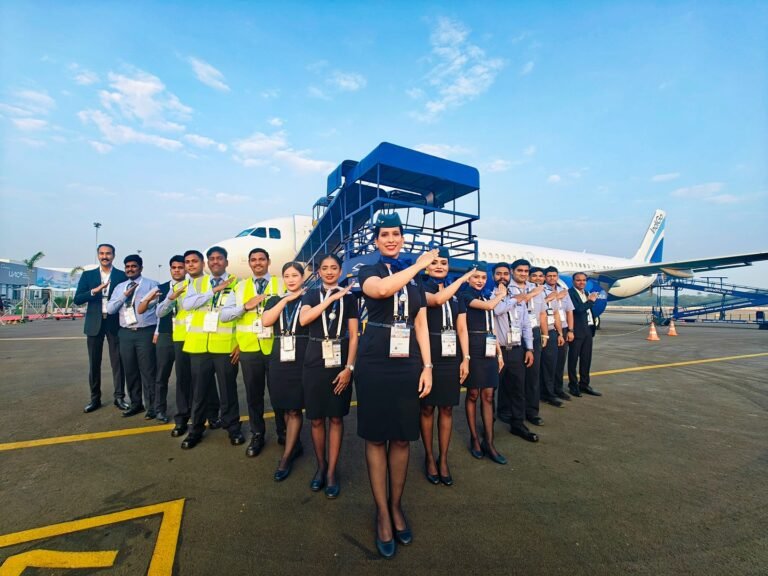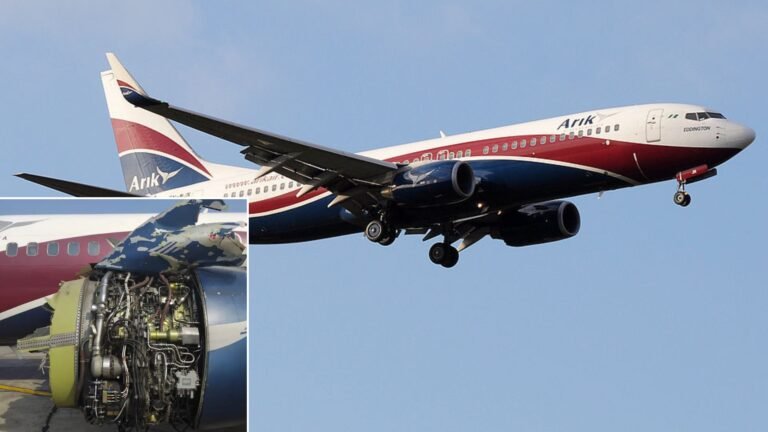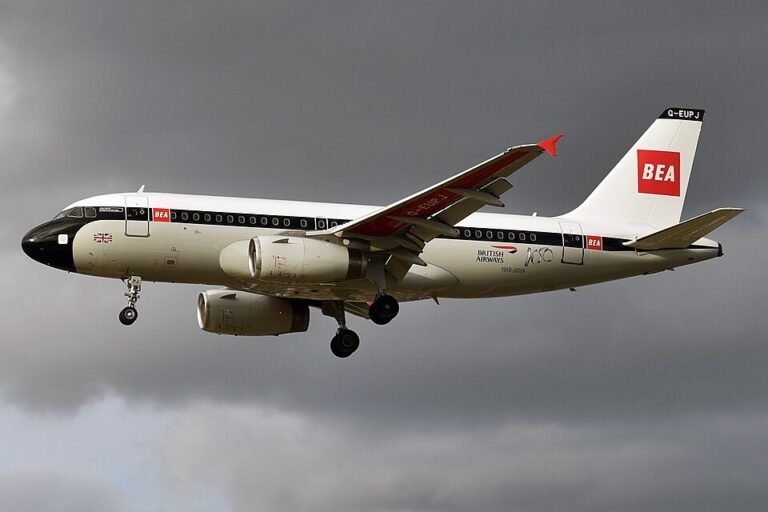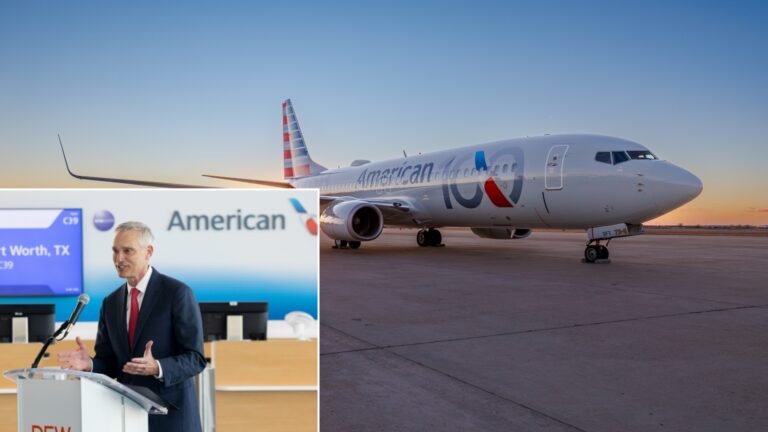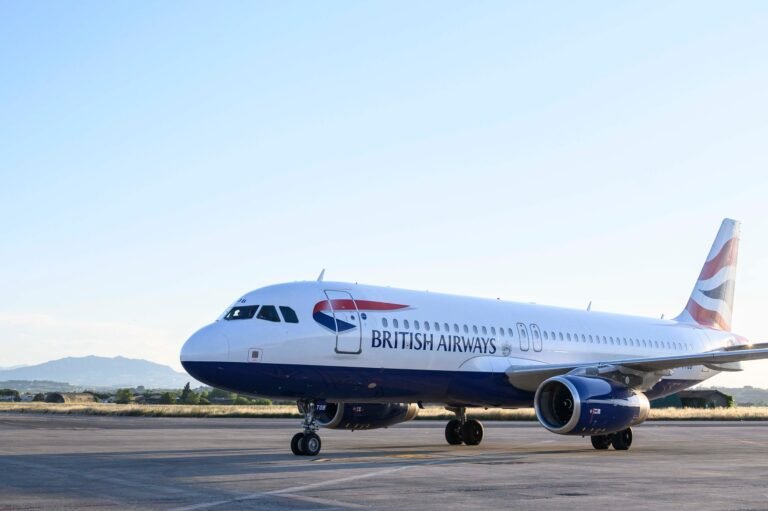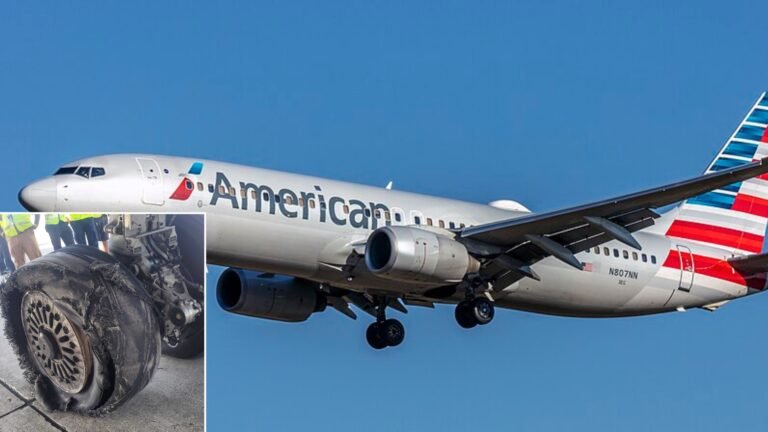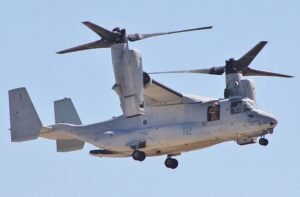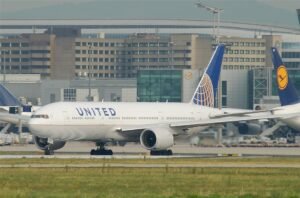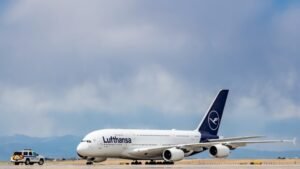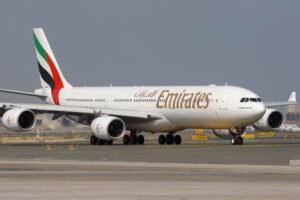Picture Credits: Airbus
Toulouse, FRANCE: Airbus has taken a firm stance against the latest U.S. tariffs that impact international aircraft trade, especially those favoring American manufacturer Boeing. The European planemaker’s CEO, Guillaume Faury, has openly called for reciprocal action if negotiations with the United States fail to produce a fair outcome.
Tariff Trouble Brewing
The United States recently imposed a 10% tariff on aircraft, targeting Airbus deliveries. This move is widely seen as protectionist and favors Boeing at a time when both manufacturers are battling for market share across Asia, Europe, and Latin America. Faury warned that continuing these trade barriers will harm the aerospace sector globally, saying, “There will be only losers in the aerospace industry, in particular in the U.S.”
Airbus is now urging European regulators to prepare countermeasures, including possible tariffs on Boeing jets entering Europe. Talks are ongoing between U.S. and EU officials, but there is increasing pressure for a firm response if no resolution is reached.
Delivery Workarounds and Performance
To sidestep the new U.S. import duties, Airbus has begun delivering aircraft through third countries. This allows U.S. airlines to receive new jets without direct exposure to tariffs.
Despite these hurdles, Airbus delivered 55 aircraft in April 2025, continuing its strong performance from the first quarter. The company reported €13.5 billion in Q1 revenue and an 8% increase in adjusted EBIT to €624 million.
Production Race with Boeing
Production numbers in April once again favored Airbus. It delivered 56 aircraft, while Boeing managed 37. Airbus’s deliveries included the A220, A320neo, A330neo, and A350 models. The A320neo remains its strongest performer, with production planned to reach 75 aircraft per month by 2027—supply chains permitting.
Meanwhile, Boeing is struggling to reach its own production targets. It aims to produce 52 737 MAX aircraft per month but is currently below its certified rate of 38. Complicating matters, recent tariffs from China have led Chinese carriers to reject new Boeing jets, forcing the U.S. manufacturer to redirect deliveries to other regions like India and Latin America.
Supply Chain Moves and Market Outlook
In an effort to strengthen its position, Airbus recently finalized a deal to acquire several Spirit AeroSystems facilities in the U.S., UK, and Morocco. This strategic acquisition is aimed at reducing its reliance on third-party suppliers and smoothing production bottlenecks.
Industry experts say the current turbulence in trade relations could open doors for competitors like China’s COMAC, which is eyeing a bigger role in global aviation.
As global demand for air travel grows, the Airbus-Boeing rivalry remains as fierce as ever now complicated by geopolitics and tariffs.

